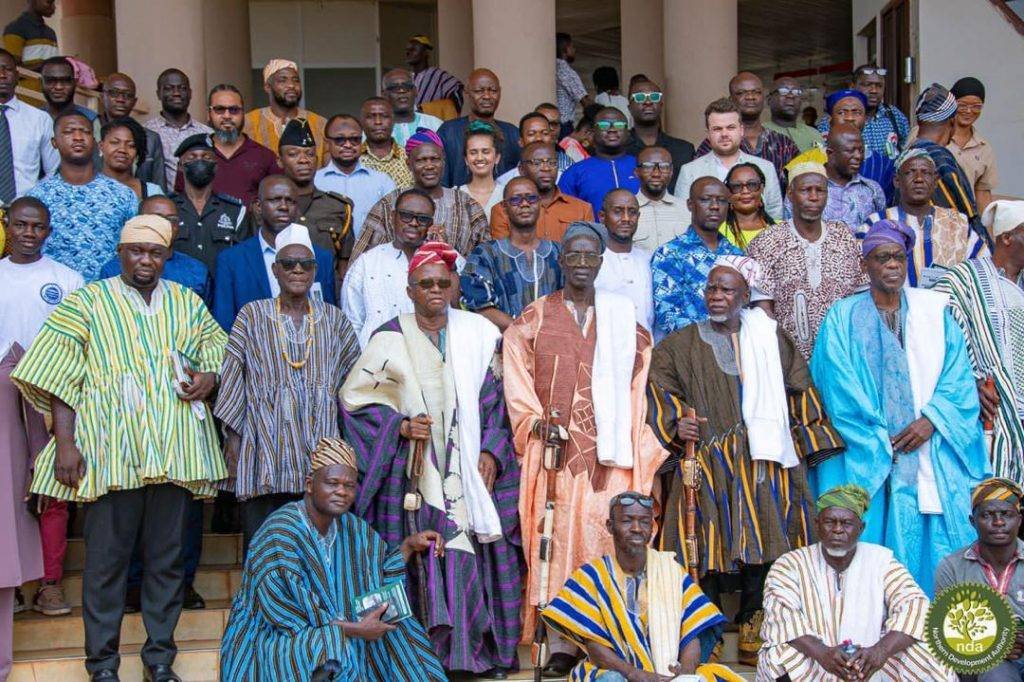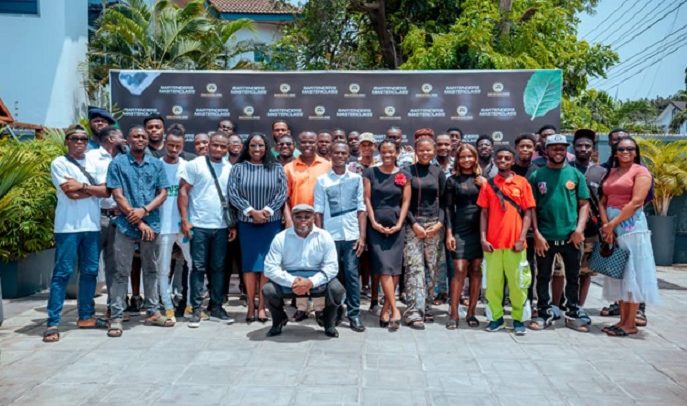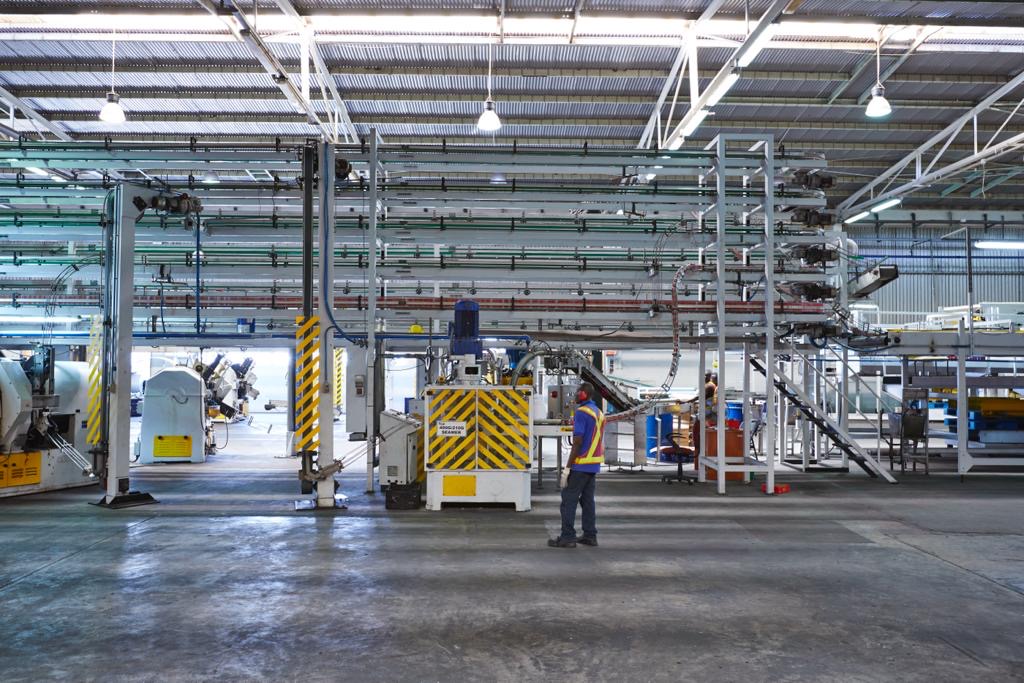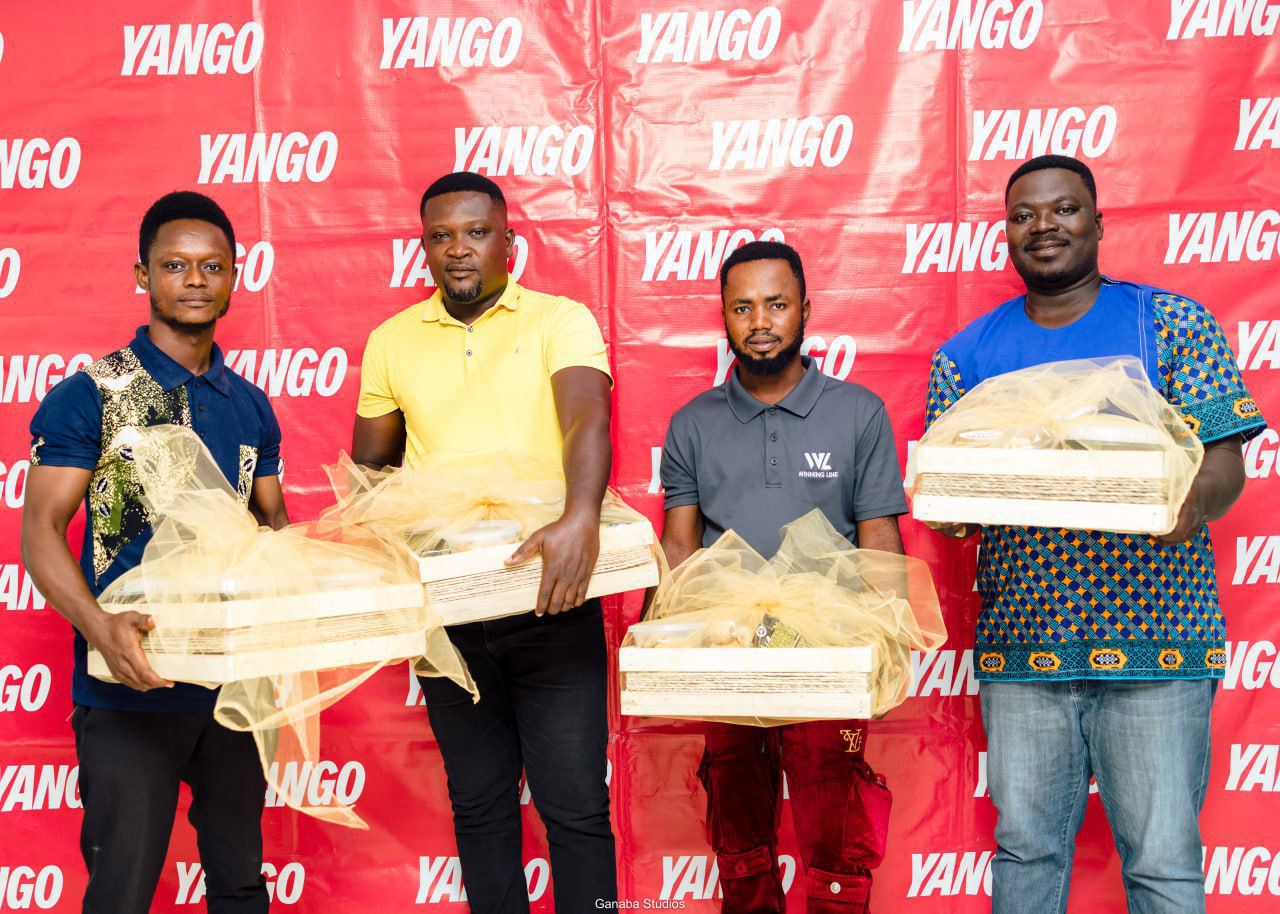


Ghana has marked a historic milestone in the garment and textile industry with the successful completion of the country’s first-ever WRAP Technical Assistance Training of Trainers workshop, held in Accra on Tuesday, June 11, 2025.
The two-day workshop, organised by the Ministry of Trade, Agribusiness and Industry (MoTAI) with support from GIZ under its “Invest for Jobs” programme, is the first of its kind not only in Ghana but also in West Africa.
Delivering the closing remarks at the event, Mr Sampson Ahi, the Deputy Minister for Trade, Agribusiness and Industry, lauded the initiative describing it as a strategic investment in Ghana’s future towards ensuring a sustainable apparel sector.
The Deputy Minister said the programme was intended to build a pool of certified WRAP (Worldwide Responsible Accredited Production) Technical Assistants who would help local factories meet international labour, environmental, and ethical standards.
“This workshop is more than just a training session. It is a strategic investment in Ghana’s future as a key player in the global textile and apparel industry,” Mr Ahi stated.
“WRAP certification represents a commitment to fair labour practices, environmental sustainability, and ethical business operations-essential components for gaining access to international markets.”
Highlighting the growing global demand for responsible sourcing, the Deputy Minister stressed that certification was no longer optional but mandatory for countries looking to compete in the international apparel value chain.
He warned that without WRAP certification, Ghanaian factories could risk losing access to lucrative contracts from global retailers, thereby undermining the competitiveness of the “Made-in-Ghana” brand.
Currently, only two companies in Ghana are WRAP-certified, with two more awaiting approval and nine in the preparatory stages.
The high cost of foreign audits and gaps in workplace systems have traditionally made compliance difficult for local firms. However, Mr Ahi expressed optimism that the training of local WRAP Technical Assistants will make certification more affordable and accessible.
“This strategic training will reduce reliance on foreign auditors and facilitate the application process for WRAP certification,” he noted. “It will also enable Ghanaian factories to earn global trust and integrate into international supply chains.”
He underscored the government’s Vision 2033 for the textiles and garments industry, which targets a modern, sustainable, and export-ready sector worth over two billion US dollars and capable of creating over 150,000 direct jobs.
The industry, he said, remained a top priority for industrial diversification, value addition, and job creation.
Ghana, he added, already boasts of having the largest garment factory in West Africa—which employed more 5,000 workers and produced more than 1.35 million garments monthly.
He said a new 200,000 square foot facility under construction is expected to add another 6,000 jobs, further positioning Ghana as a manufacturing hub in the region.
The Deputy Minister encouraged the participants to be torchbearers of a transformative journey, saying: “You are trailblazers in a movement that will shape the future of Ghana’s apparel exports.
Use the knowledge gained here to build connections and support other industry players.”
He also thanked GIZ, development partners, facilitators, and all stakeholders for their commitment and urged continued collaboration to expand certification coverage and develop more skilled professionals in the industry.
“This training is not just a capacity-building exercise-it is a springboard for opportunity, credibility, and competitiveness. Let us seize this moment and make Ghana a hub for ethical garment manufacturing,” he added.
Mr. John Duti, the team leader, in his remarks, commended the relevance and growing impact of the textile and garment sub-sector in Ghana, highlighting its evolution from domestic tailoring practices to structured factory production.
Reflecting on earlier years, he recalled how mothers used sewing machines at home, often patching children’s clothes-a testament to the long-standing cultural connection to garment-making.
He stated that the textile sector had transitioned into a promising avenue for employment, especially among the youth, with several factories emerging across the country.
He emphasised the government’s commitment to driving a real physical economy includes support for this sub-sector.
Source: GNA
The post Trade Ministry hosts maiden WRAP Certification Training for textile and garment industry appeared first on Ghana Business News.
Read Full Story










![GIFEC boss Tanko-Computer rubbishes fake PhD claims, names awarding university [Video]](https://sportal365images.com/process/smp-images-production/pulse.com.gh/11062025/dbab4153-60e8-40a6-91e7-798af1033909.png)




Facebook
Twitter
Pinterest
Instagram
Google+
YouTube
LinkedIn
RSS